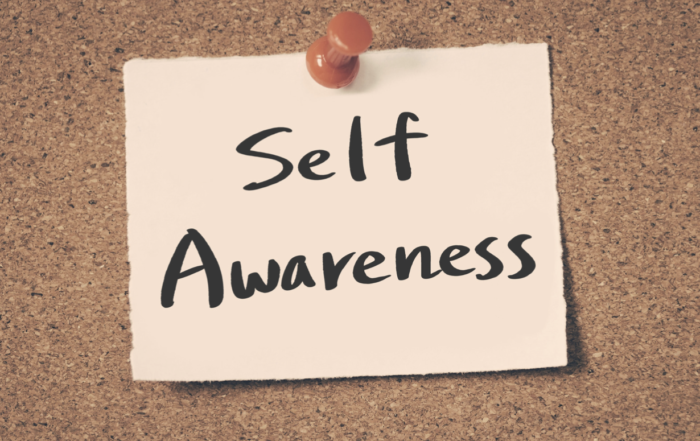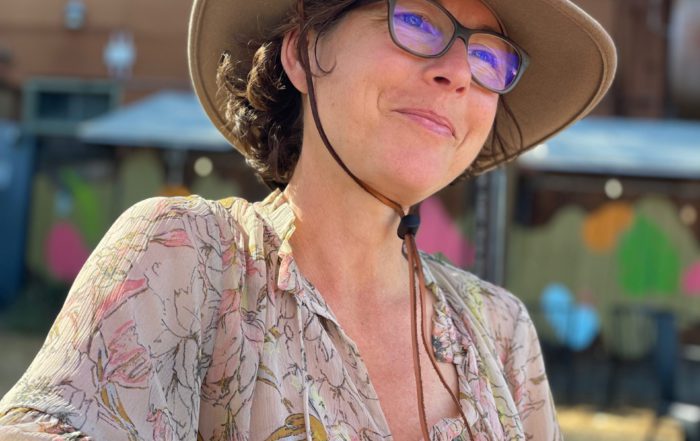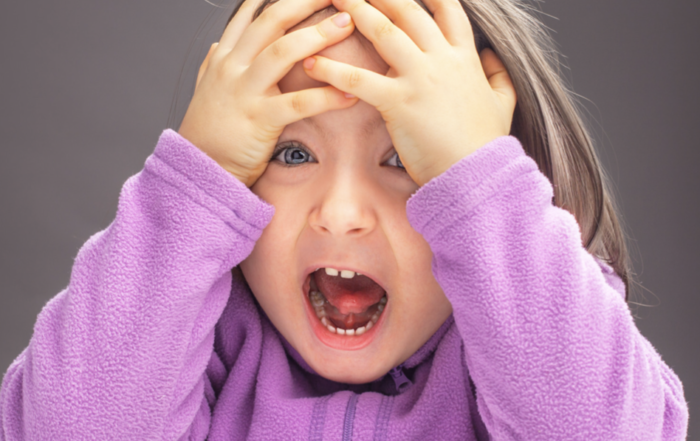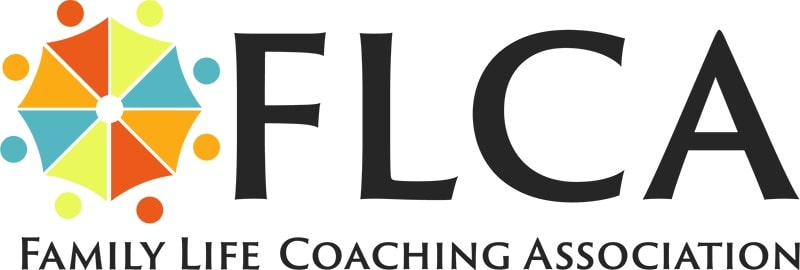Why parents don’t like dealing with conflicts
& Why harmony isn’t always a better alternative.
An authentic relationship between parent and child develops not only from times of peace and harmony, but also through the way in which conflicts are met and resolved. Children learn how to handle conflict by observing the way conflict is handled by their parents.
So how do we deal with conflicts in our daily family life?
We have dedicated the summer month of July to help you transform conflicts in your family life: from stressful, breathless moments into building blocks for calm & nourishing relationships.
We start with an article about what it is about conflict that makes us parents feel uncomfortable & what we need in our parenting tool chest to best establish a family culture that allows us to grow from views of conflict into open hearted, empathetic & trustful togetherness.
Start your transformation journey towards safe & trustful relationships today.
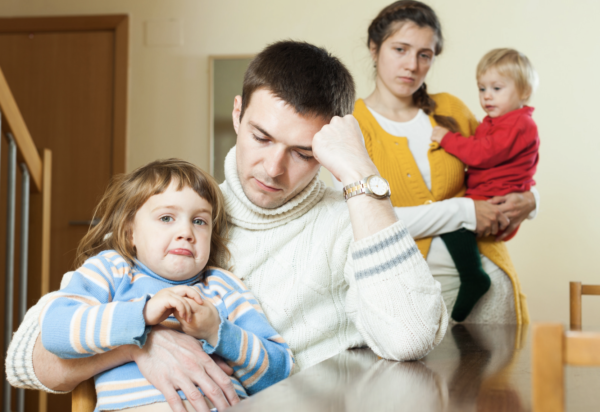
Some practical suggestions when conflict happens with your child, partner, or within the whole family:
- In a conflict, it is NEVER about who is the aggressor and who is the victim! Even though we often hear or think to ourselves: “BUT IT WAS HIM/HER …!”
What does it change if we know “HE” or “SHE” was the one that …. Resist the urge to apply labels to the children, your partner or yourself.
- If two children are, for example, arguing over a toy, instead of immediately stepping in, come close and observe – and be ready to step in if the children start to hurt each other or a child becomes overwhelmed. BUT, when possible, give them a chance to resolve the conflict on their own.
How will they learn to find solutions and deal with social challenges if not given the opportunity to explore for themselves? Their self-esteem and inner connection can only grow deeper and stronger through letting them find their own creative solutions. And how often can we be astonished about how children are able to solve problems – if we don’t interrupt them. Again of course we have to be observant and take action when we see that one child is about to get physically hurt.
- Young children learn primarily through example & imitation. So the best way we can teach them to deal with their strong emotions in a healthy way is to model that for them. (See the article: How do young children learn)
- And when we express our own strong emotions in a way that is not how we would like to, we can model what we do when we make a mistake. A heartfelt apology makes a child feel deeply respected, & valued. You could say: “I am really sorry I was grumpy today. I am really tired. I am sorry that I yelled, I want you to know it wasn’t your fault.”Taking responsibility for your behavior in the situation (even if your child still has behavior that needs to be addressed), teaches them that even we adults have to develop and work on ourselves & that they don’t have to feel bad or guilty for their behavior.
- Learn more about your own behavior and your child’s need’s while dealing with conflicts here.
Recent Posts
We don’t have to be perfect
A personal account by Parenting Coach & Mom, Pia Dögl. Honestly speaking … When I was raising our baby ...
Free Parent Coaching
With Pia Dögl, mom, parent coach & author. As some of you might already know I am at the ...
What we learn from Early Brain Development
Discover how to heal challenging child behavior As children develop, their brains "mirror" their parent's brain. In other words, ...

